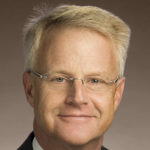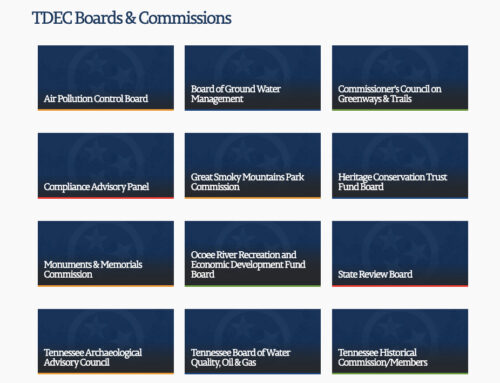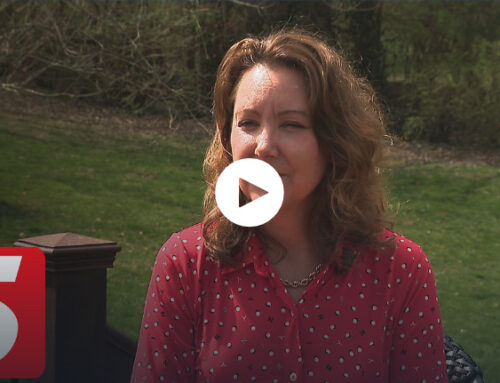Legislation has been filed that would remove an exemption that makes the location of lottery sales secret under state law.
The proposed bills (S.B. 563 / H.B. 575) by state Sen. Jon Lundberg, R-Bristol, and Rep. John Crawford, R-Kingsport, states as the reason “that transparency in the operation of the state lottery is essential to maintaining public confidence in the Tennessee education lottery corporation, lottery vendors, lottery retailers, and lottery games.”
There is a large section of the lottery law that makes confidential many aspects surrounding the operation of the lottery, including trade secrets, security systems, security reports, proposals and bids for service, employee information, identifying information from winners unless they wish to disclose it, all information related to hiring and retaining the lottery’s chief executive. The list goes on.
The one small part that the lawmakers want to delete is this:
“Any information concerning lottery sales made by lottery retailers unless otherwise provided by law.”
The lawmakers told the Bristol Herald Courier that they were spurred to file the bill after that newspaper’s story that analyzed data of where residents bought lottery tickets in Bristol (including concentrations in poorer areas of town), but could only report where they bought them on the Virginia side of the city. That information was confidential in Tennessee. (See Tennessee lottery law obscures retailers’ revenue)
From today’s story by Reece Ristau in the Bristol Herald Courier (Lundberg, Crawford, introduce bill to open access to Tennessee Lottery):
The bill is the result of the Bristol Herald Courier’s reporting about the exemption last December. In a package of stories about the Virginia and Tennessee lotteries, the paper looked at which retailers in Bristol sell the most tickets. While the paper was able to show the top-selling lottery retailers in Virginia, it was unable to do the same in Tennessee because of the exemption.
Lundberg and Crawford said the questions raised in the original story stuck with them.
“Frankly, the Bristol Herald Courier raised the issue and I think it’s a good one: Where is money being spent in the Tennessee Lottery?” Lundberg said.
Crawford said Tennessee citizens deserve access to such information.
“I think the big thing is so the public can see that there should be transparency in this,” he said.
The lawmakers also told the Herald Courier that they hope to meet with Rebecca Hargrove, the CEO of the lottery in coming weeks, and may be able to create the change without legislation.
State lawmakers from the opposite end of the state in Memphis (State Sen. Lee Harris) and Dresden (State Rep. Andy Holt) have also introduced lottery legislation. Their would prohibit targeted advertising and promotion of the lottery based on the economic or socioeconomic status of a player; and restrict use of any demographic player analysis conducted by the lottery.






